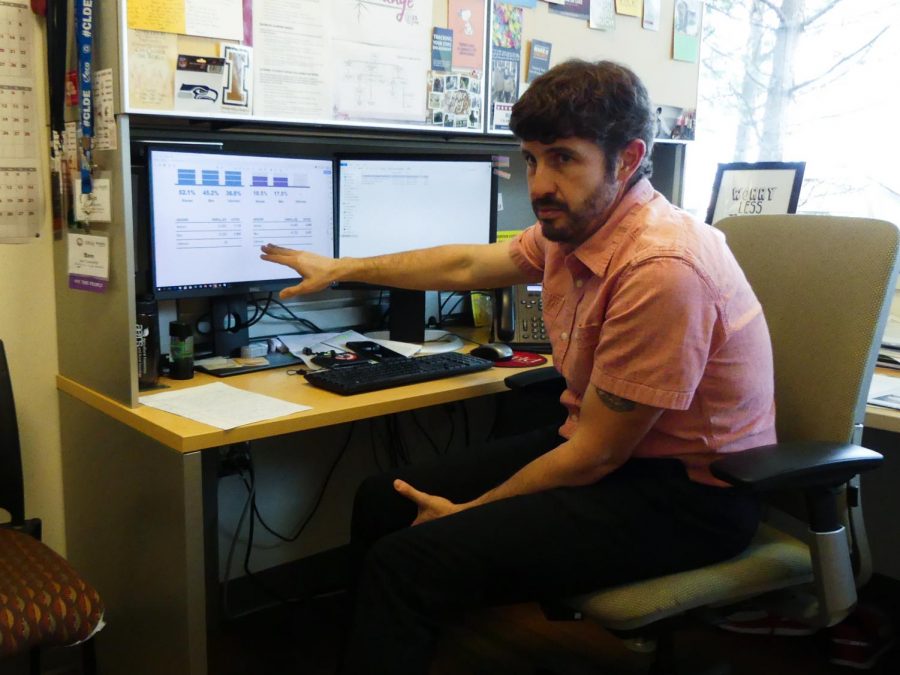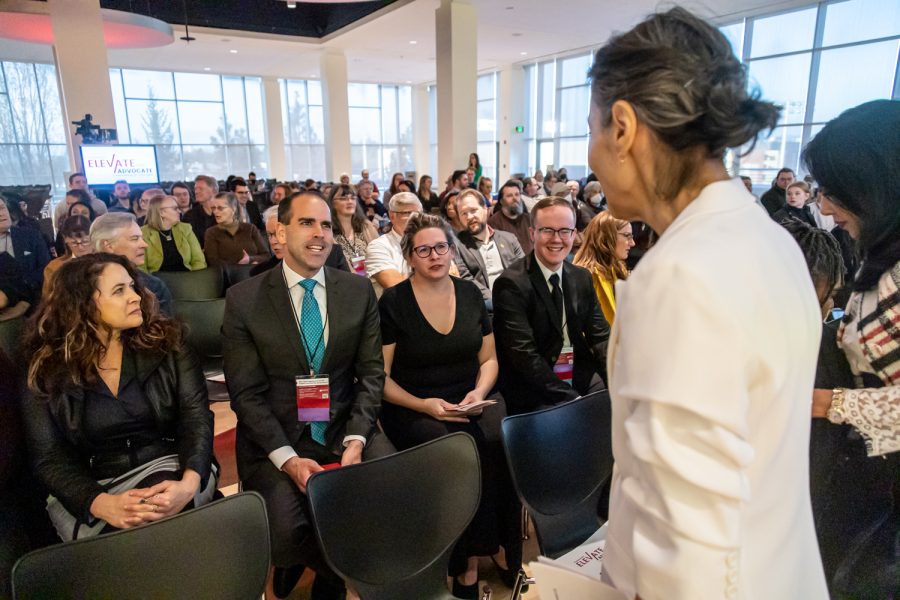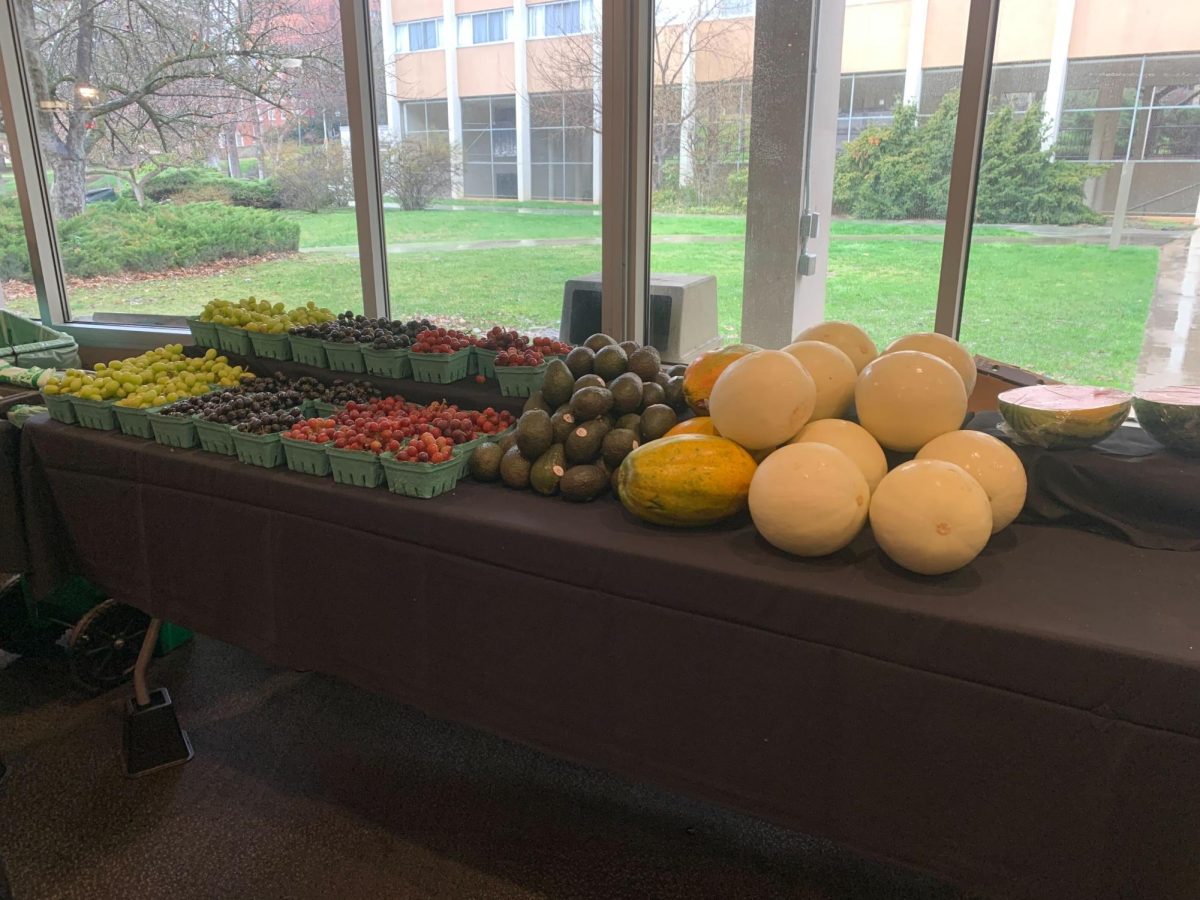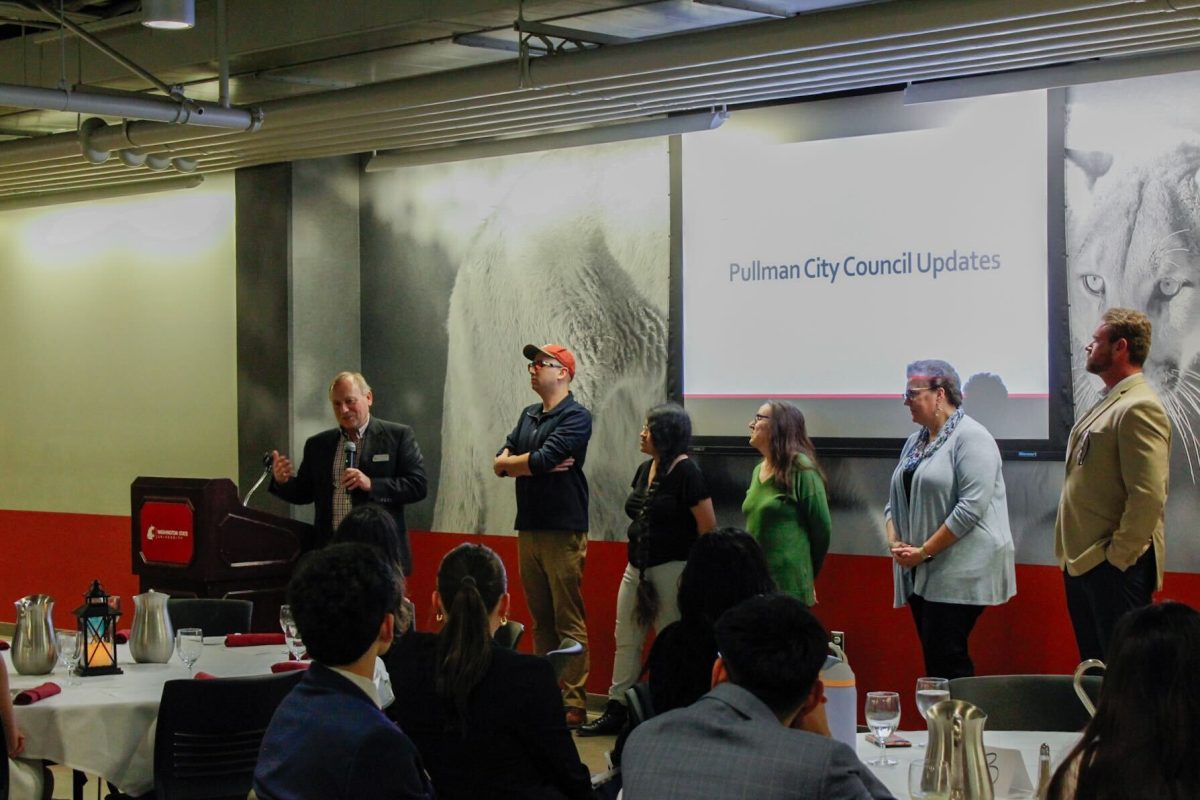WSUs Center for Civic Engagement looks to facilitate students and faculty with community engagement to promote shared knowledge of research to society.
CCE director Ben Calabretta said members of CCE aren’t research experts, but they are experts on community engagement.
“The hope is to help guide the researchers to understand what it means to work with community,” Calabretta said.
Calabretta said CCE is working with the Office of Research Advancement and Partnerships which focuses on working with faculty for research. It’s the first time the CCE office is partnering with them to bridge the gap between doing research and working with the community.
CCE’s purpose is to fulfill the land-grant mission at WSU which is to serve and work with the community, Calabretta said. CCE also works with students to get them involved in the community. The student involvement might be through volunteering or in a class that they can apply to the community.
The land-grant mission derives from the Morrill Act that was signed in 1862 by President Abraham Lincoln. The Morrill Act provided grants of land to states to finance the establishment of colleges specializing in agriculture and mechanic arts, according to the Britannica website.
Calabretta said CCE teaches faculty how to co-create research projects with people outside of WSU. This helps them engage with the community and not just outreach to the community.
“The knowledge should flow both ways, like people at WSU are experts and a lot of people out in the community are also experts on a lot of things,” he said. “Both can really learn from each other and work together.”
Jessica Perone, engaged learning assistant director, said CCE has a community partnership team that reaches out to local non-profits and government groups serving the public good asking what their goals are.
“We work with faculty to match those goals and needs of community partners to their research interests,” Perone said.
Perone said the research could cover multiple things like community-engaged scholarship. It could be a service component in teaching or faculty research on affordable building materials.
“Sometimes the research could be about schools like how elementary, junior high and high school students learn,” she said. “There’s a lot of community-based research or community-engaged research in schools, testing different learning strategies.”
Perone said they have a faculty-engaged program called Community Engaged Scholars. In that program, they talk about service learning and how to be a good community partner.
“Recently, there was a new community-based grant program that’s out of the Provost Office that is led by Kim Christen,” Perone said. “She’s been a good partner for CCE for a long time and we talked about how it could be beneficial for people applying for the grants to have some professional development about partnerships and reciprocal relationships.”









